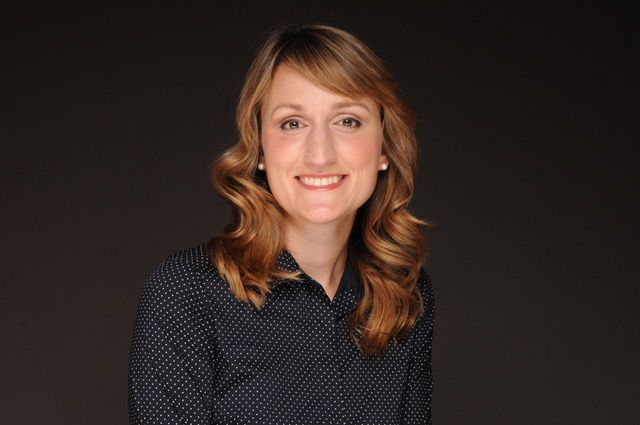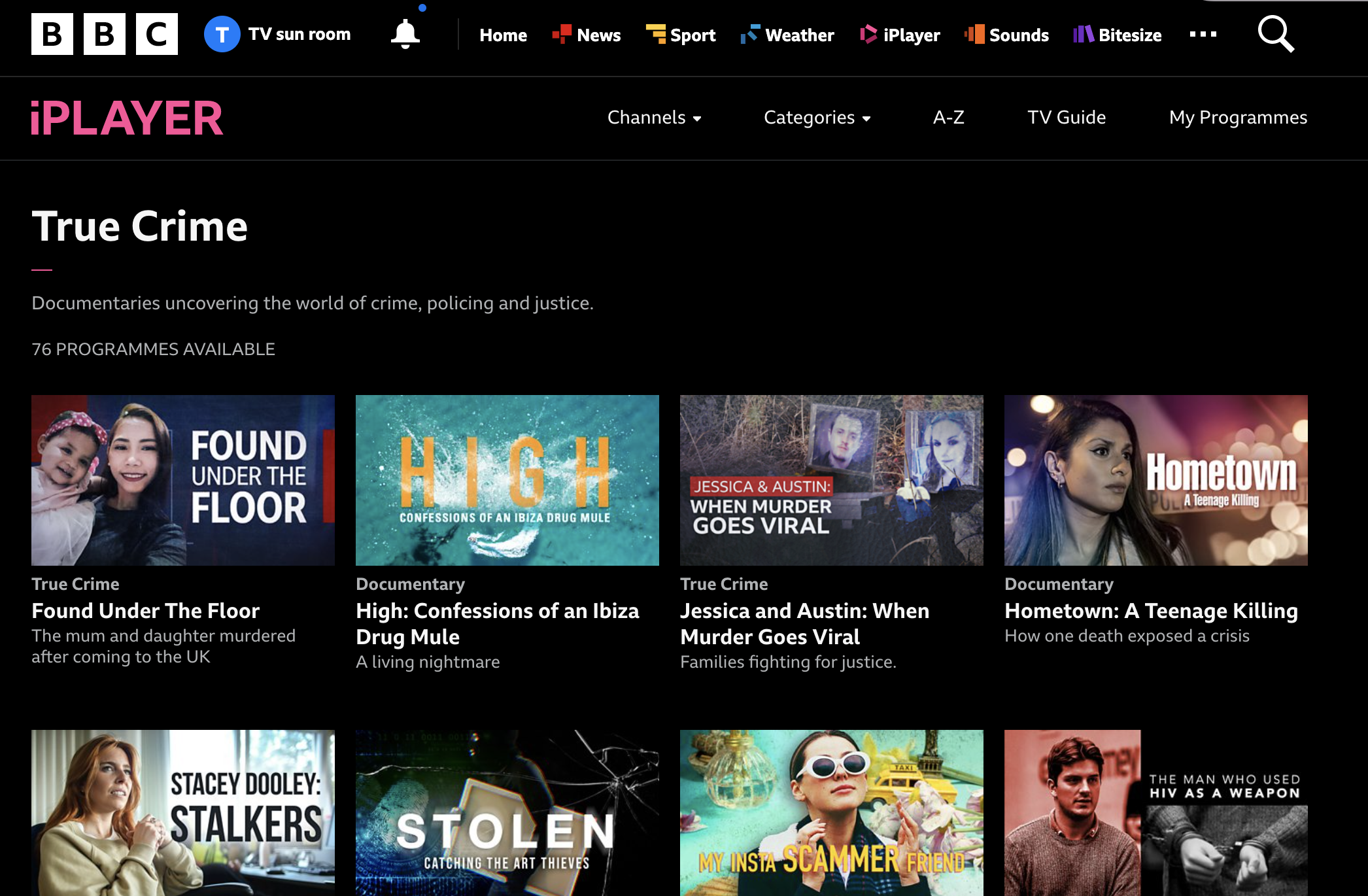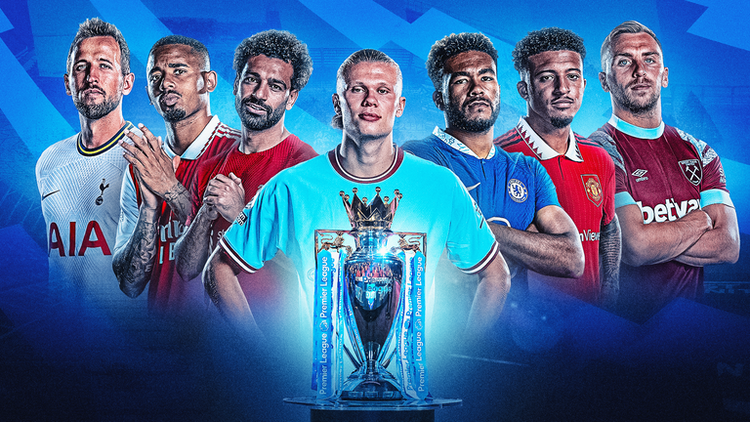🚨Why crime won't pay for TV producers, what young people think about TV, and how turning to drink might well be the answer🍹
Click here to receive the Creatorville newsletter every Friday by subscribing for free 🥰
TV is now only the fifth most popular pastime for young people

So tells me Sandra Lehner, one of the very special guests on our forthcoming Creatorville Live Call, which is taking place at 1700 GMT on 28th February.
Dubbed by the press as the TV Futurist, she works with TV networks, production companies, and agencies on audience development, interactive storytelling, and brand integrations.
Sandra was Head of Branded Entertainment for Europe’s first Social TV channel as well as for some of the most prestigious advertising agencies in Switzerland.
Previously, she was Social Media Producer on some of the UK’s biggest TV brands such as Made in Chelsea (Channel 4), Downton Abbey (NBCU), and Who wants to be a Millionaire? (Sony).
Sandra has spent much of the last year asking leading TV experts about how the next ten years will transform the industry.
And she says audiences will be defined by their passions and pursuits rather than age, gender and location.
Her upcoming book will reveal what the TV business is likely to look like in a decade.
So, to hear more of Sandra's latest findings, and to get involved in the conversation, register now for the Creatorville Live call by clicking here
And feel free to invite a friend by forwarding this to them.
We'll have more from our other brilliant guest in the next newsletter.
Why Crime only makes short-term sense for producers

Television loves a trend.
And over the last five years, the trend in unscripted television has been an ever-increasing demand for true crime documentaries.
Channel after channel - especially in the US and UK - has added more crime into their offering.
But whilst it's great that there is a new content genre driving work for producers, becoming a prominent producer of crime content is unlikely to be a path to long-term riches for producers.
Until 2020, we'd become used to the staple diet of reality shows and observational documentary formats.
Those eras of unscripted TV had fed producers well for the preceding decade or more.
And those factual entertainment brands had proven to be highly exportable profitable juggernauts, delighting audiences, broadcasters and advertisers worldwide.
Producers who owned the rights for shows like Deadliest Catch, Survivor and Big Brother were richly rewarded for their efforts.
But COVID-19 brought a halt to television production.
And when we returned to work, we found ourselves well into the peak demand moment for true crime and blue-light procedurals.
Relief washed over doc producers as they could finally return to making shows.
And many unscripted producers pivoted towards the huge demand by pitching and making crime shows.
But, with inflation running high, and rights challenging to keep a hold of, does producing crime make long-term business sense?
Well, if it's keeping the lights on and paying the wages, it's vital to your prod co's short-term survival.
Over time though, there are issues.
Most producers want to sell their companies eventually.
And company buyers wish to purchase your future profits over the long term.
Successful production companies now have to have multiple revenue streams to be profitable.
And these need to continue making hay for the new owners once the founding producers leave their companies.
But specifically in crime, secondary revenue streams are hard to find.
With reality show formats, producers often keep the rights and sell them worldwide. This creates significant, long-term, revenues.
You can sell the original version - tape - and also sell the right to produce the format.
These brands also drive merchandise sales - Love Island water bottles anyone?
And consumer brands and advertisers love being associated with successful, positive entertainment brands.
This means that endorsement deals with advertisers can be incredibly important for broadcasters. Just ask Channel 4 about selling the series sponsorships for Bake Off.
Entertaining brands can make significant money across social media, with advertisers desperate to reach audiences across multiple platforms.
This makes for a great set of monetisation opportunities.
Although all these things can sometimes be true for crime shows, they are far less likely.
And for entrepreneurial producers wanting to break free from commissioning, and publish directly to consumers, getting decent returns from advertisers around crime brands is very tough.
Even the broadcasters find it hard.
Without these multiple additional revenues, and with the pressure on work-for-hire margins increasing, crime producers will find it hard to sell their businesses.
Buyers simply won't be able to plot the long-term profitability of a crime production company unless it is making a ridiculous amount of returning content.
Also, it's likely that viewers will tire of what they perceive as the glorification of crime.
So, if you're making money through producing crime - especially as a gun for hire - maybe it's time to kick off a second genre alongside, which offers the opportunity to build a multiple-revenue stream, saleable company.
Drink it in, YouTubers
We've seen the hype, but now we're hearing the numbers.
It appears Prime's success now drives significant turnover and profit for YouTubers KSI and Logan Paul.
In chaotic scenes, the superstar pair launched their sports drink in Australia this week.
And during an interview on KIIS FM's The Kyle and Jackie O Show on Tuesday, Logan Paul revealed just how much their sports drink is making:
"In year one we cleared $250million in retail sales and $110million gross internally,"
And Paul went on to reveal:
"In January of this year we did $45million."
At these numbers, Prime is already a billion-pound business.
This astonishing success story shows the real power of social media - as a highly effective marketing channel, rather than just a publishing business.
Even with the millions of views each of these two mega YouTubers gets on their channels, revenues from YouTube wouldn't get anywhere near these numbers from selling sports drinks.
The most successful YouTubers are showing that the game-changing opportunity is in convincing their audience to spend money on real-world transactions.
Whether that is buying holidays, make-up, books or tractors - YouTube is a huge free advertising channel that has a high level of influence over viewers.
Over 2 billion people watch YouTube every week. That's one in four humans currently alive.
So for producers and entrepreneurs, the question is - how do I partner with a highly influential YouTuber to grow FOMO like in the video above around MY product or service?
Thanks very much for reading this week's newsletter. Have a great weekend!
Sam.


